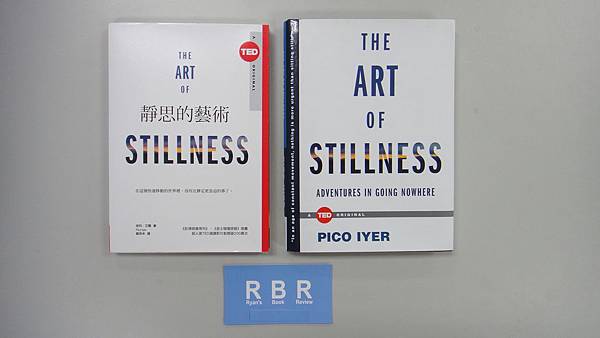The Art Of Stillness


June 4, 2015 KRISTA TIPPETT, HOST: Pico Iyer is not a spiritual teacher or even, he says, a spiritual person per se. But he has become one of our most beloved and eloquent translators of the modern rediscovery of inner life. As a journalist and novelist, he travels the globe from Ethiopia to North Korea, and he lives in Japan. But he also experiences a remote Benedictine hermitage as his second home, retreating there many times each year.
In this intimate conversation, we explore the “art of stillness” he practices — not in order to enrich the mountaintop, he writes, “but to bring calm into the motion of the world. Abs Tc-100 Thermal Printer Driver. ” [ music: “Seven League Boots” by Zoe Keating] PICO IYER: I got out of my car at this monastery, and the air was pulsing. And it was very silent, but really the silence wasn’t the absence of noise, it was almost the presence of these transparent walls that I think the monks had worked very, very hard to make available to us in the world.
And somehow, almost immediately, it was as if a huge heaviness fell away from me, and the lens cap came off my eyes. Really almost instantaneously I felt I’ve stepped into a richer, deeper life, a real life that I’d half forgotten had existed.
More The Art Of Stillness videos. The place that travel writer Pico Iyer would most like to go? In a counterintuitive and lyrical meditation, Iyer takes a look at the incredible insight that.
[ music: “Seven League Boots” by Zoe Keating] MS. TIPPETT: I’m Krista Tippett and this is On Being. [ music: “Seven League Boots” by Zoe Keating] MS. TIPPETT: Pico Iyer studied at Eton, Oxford and Harvard. He had an early successful career as a journalist with Time magazine in New York City.
But he left and moved to Japan to create a modest, quiet, nearly-technology free life. Among his many books, he’s explored the literary icon Graham Greene, and authored what I think is the most searching and intimate existing portrait of the Dalai Lama. Pico Iyer still lives in Japan with his wife when he’s not on the road, chronicling what he calls the “global soul.” MS. TIPPETT: You have such an interesting background, your parents were from India.
You were born and grew up in England and the U.S. Your father was a philosopher and your mother was also thinking about philosophy and religion.
I was really intrigued to learn that your first name, which you don’t use in your writing, is Siddharth, which is based in part on the Buddha’s first name. IYER: Exactly.
And of course, I didn’t realize until well into my 40s that I have the sort of perfect global name and the name that has fit my destiny because MS. TIPPETT: [ laughs] That’s right. IYER: as you say, my first name is the name of the Buddha. And my second name, Pico — my parents, as philosophers, named me after the great Renaissance Catholic heretic Pico della Mirandola from Italy. And my third name is my father’s name, Raghavan, which is a good Hindu name. And my fourth name sort of shows that I come from a lineage of south Indian priests.
And so actually — and my father was a Theosophist, so in my four names, I have four religious traditions. TIPPETT: It’s wonderful. Powerpuff Girls Vs Rowdyruff Boys Game there. So I mean, how would you describe, if you would describe, the spiritual sensibility that you absorbed in your early life with your parents? IYER: I would say it was very diverse.
And, of course, like any child, I didn’t appreciate it at the time, not until much later. But both my parents were teaching philosophy at Oxford University when I was a little boy, and so I would come back from kindergarten and there would be Tibetan monks in the room sent by the Dalai Lama to learn Western philosophy from my Indian father to complement the Tibetan philosophy they had learned. And of course, there were all the great myths and enchantments of the Ramayana and the Mahabharata and the Indian stories that my parents passed on to me at bedtime. And the other aspect was that both my parents had grown up in British India in Bombay, and so they were steeped in Shakespeare, English poetry, and the Bible. And in fact, to this day, my 83-year-old mother lives in the hills of California, she always dresses in a sari, and when occasionally a missionary will pay a visit to her house and say, “Excuse me, ma’am. Have you ever read the Bible?” My sari-clad mother can recite the Bible backwards and forwards.
She knows it better than anyone I’ve ever met. So I was — later I realized what a blessing to grow up in the midst of all these traditions.
TIPPETT: Yes. And I think you know what I’m describing when I say that you are an intellectual, you were always an intellectual, and there’s one place in your writing where you refer to “all the institutions of higher skepticism” to which your father had sent you. So that’s also very defining. I wonder if you were always interested in what you now refer to as the inner world.